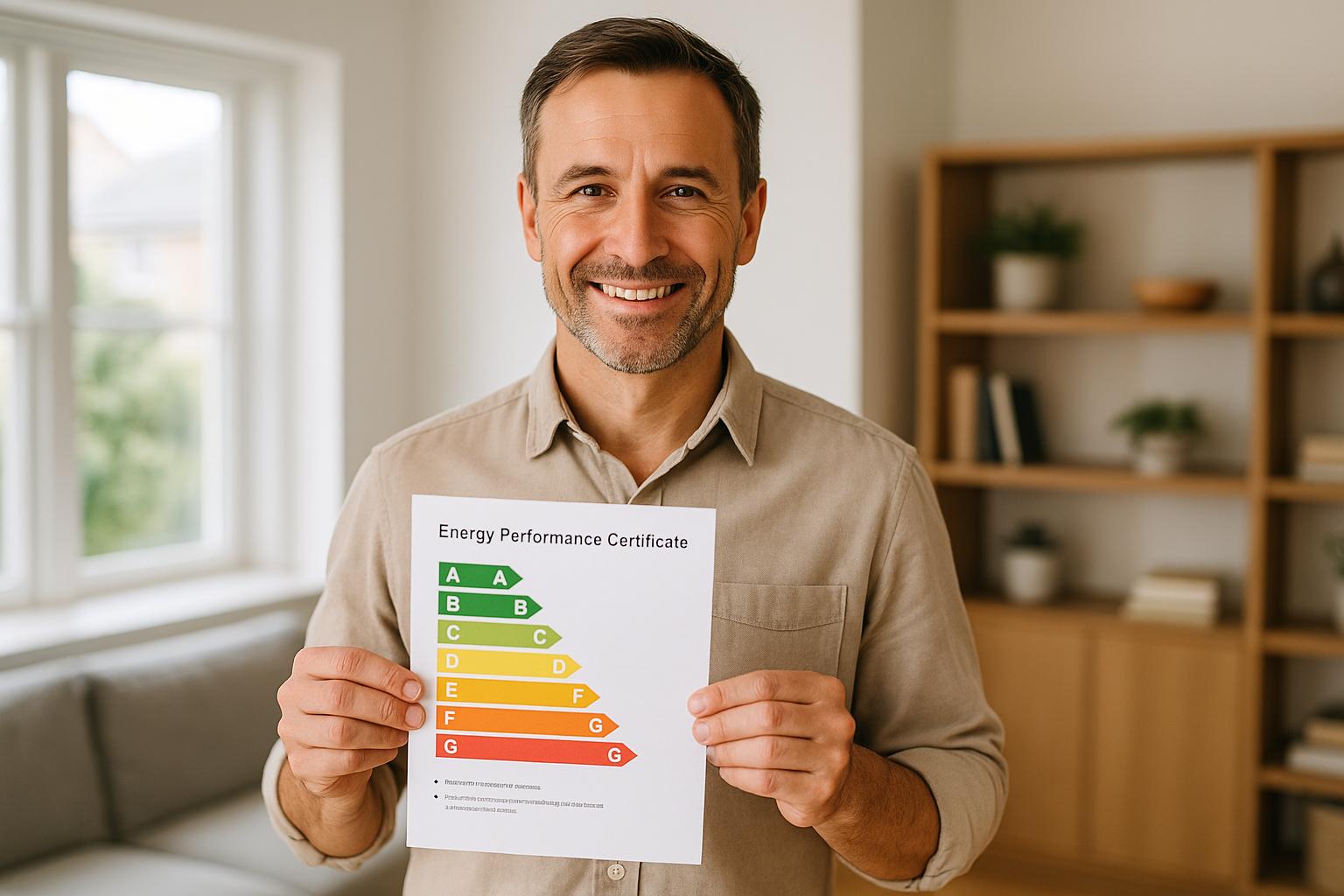Proposed EPC Minimum Energy Efficiency Standards: A Landlord’s Guide to the 2028 and 2030 Changes
With the UK government focused on achieving net-zero carbon emissions by 2050, major updates to Minimum Energy Efficiency Standards (MEES) are on the horizon. These changes are expected to raise the minimum Energy Performance Certificate (EPC) rating required for rental properties across England and Wales.
In this guide, we’ll break down the proposed MEES regulations, what they mean for landlords, and how you can future-proof your properties.
What Are the Proposed EPC Minimum Efficiency Standards?
The government is proposing that all rental properties must achieve an EPC rating as follows:
-
2028 for new tenancies – EPC grade of a C (residential and commercial)
-
2030 for all existing tenancies – EPC grade of a C (residential)
- 2030 for all existing tenancies – EPC grade of a B (commercial)
This is a significant jump from the current minimum EPC rating of E, which has been in place since 2018.
If approved, these rules will apply to most privately rented domestic properties and may soon extend to non-domestic (commercial) properties as well.
👉 Learn more about how to increase your EPC rating by viewing our EPC Energy Audit Service
Why Are EPC Regulations Changing?
The property sector is one of the largest contributors to the UK’s carbon emissions. Improving the energy efficiency of buildings plays a crucial role in lowering energy use and reducing carbon output.
These MEES updates aim to:
-
Lower energy bills for tenants
-
Reduce carbon emissions
-
Improve overall housing quality
-
Help the UK hit its Net Zero 2050 target
What Happens If Landlords Don’t Comply?
Landlords who fail to meet the new EPC minimum efficiency standards could face:
-
Fines of up to £30,000
-
Legal restrictions on letting or renewing tenancies
-
Difficulty selling or re-mortgaging low-rated properties in the future
If your property has an EPC rating of D, E, F, or G, now is the time to take action.
📌 Not sure where your property stands? Book an updated EPC assessment with Assessment Hive. You can check if you already have an EPC, check out the public register.
What Properties Are Affected?
These proposed changes apply to:
-
Private rented sector (PRS) homes in England and Wales
-
Houses in Multiple Occupation (HMOs)
-
Flats and apartments
-
Potentially commercial buildings (with future targets such as EPC B by 2030)
Need help with a new-build? See our SAP Calculations service.
How Can Landlords Meet the EPC C Target?
Improving your EPC rating usually involves:
-
Loft and cavity wall insulation
-
Upgrading heating systems
-
Replacing old windows or doors
-
Installing low-energy lighting
-
Adding solar panels or heat pumps
Our assessors can provide a tailored action plan after completing your EPC.
When Should You Act?
Now. Acting early gives you:
-
More time to budget and plan improvements
-
Access to funding or grant opportunities
-
Less stress closer to the 2028 and 2030 deadlines
How Assessment Hive Can Help
At Assessment Hive, we provide:
-
Domestic EPC assessments
-
Commercial EPCs and SBEM calculations
-
SAP reports for new developments
-
Guidance to meet or exceed upcoming MEES targets
We make it easy for landlords, developers, and property managers to stay compliant and improve building efficiency.
✅ Book your EPC assessment today or call us to discuss how we can help.
Conclusion: Don’t Wait Until the Last Minute
The proposed EPC minimum efficiency standards will be a major shift in property regulations. By preparing now, landlords can avoid penalties, increase property value, and support a sustainable future.
Stay informed. Stay compliant. Start improving your EPC rating today.
📞 Call us on 020 7183 3240
📧 Email us at [email protected]
📝 Request Instant Quote → Click Here







